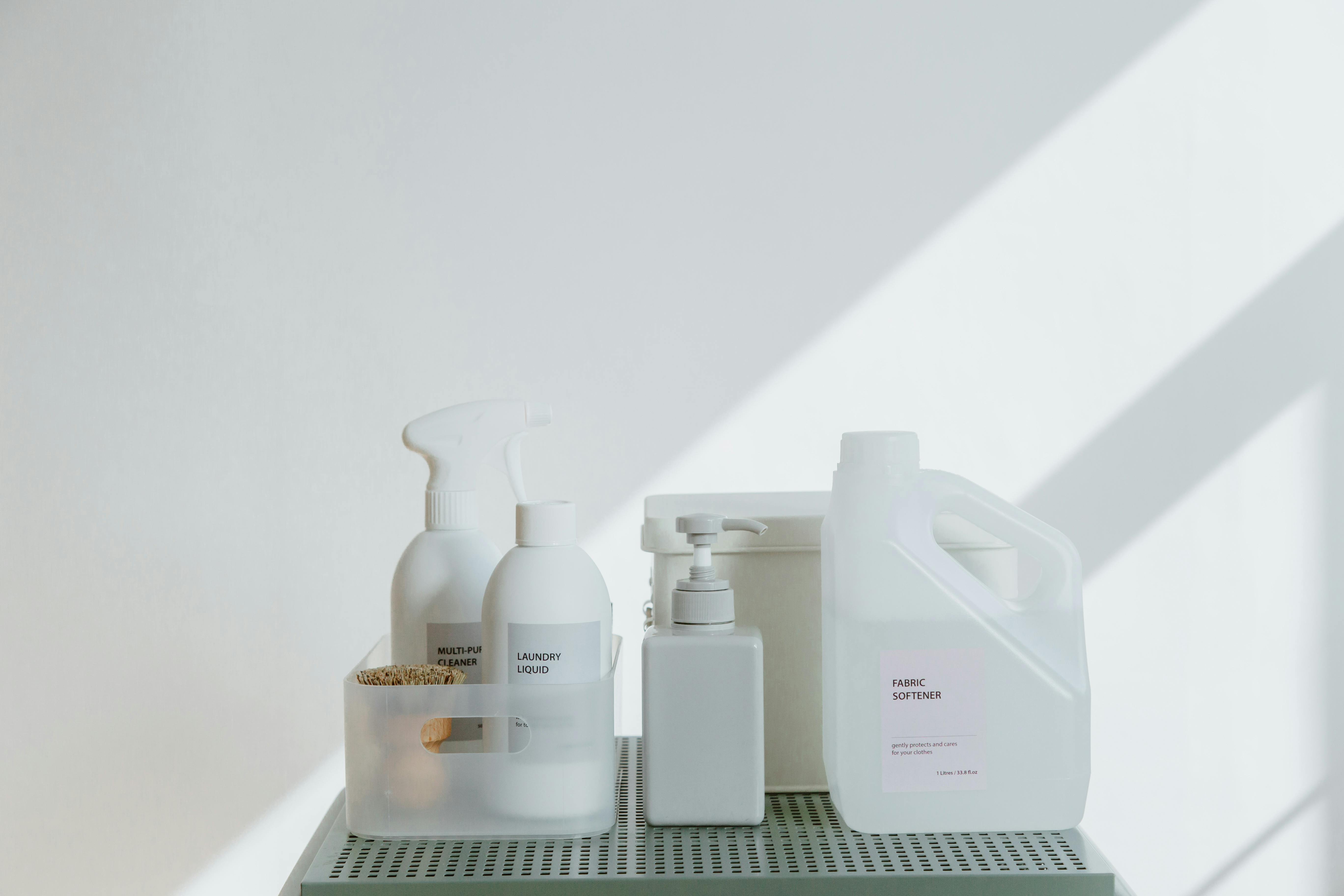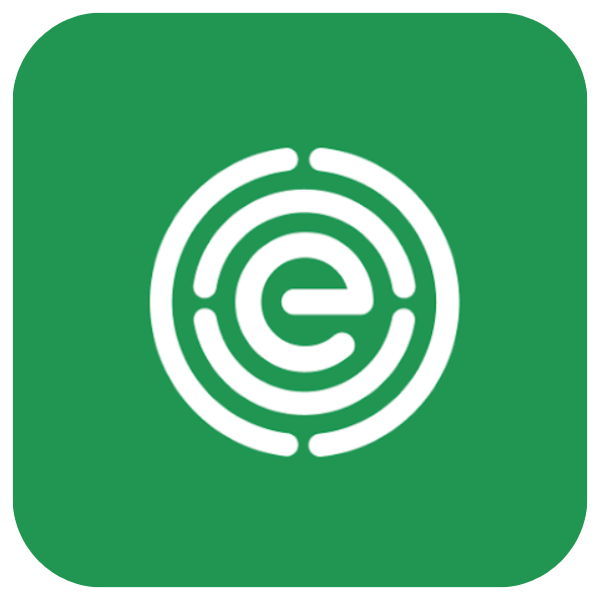Climate, Toxics, and Health
Less Stuff. More Health.
Climate, Toxics, and Health is an actionable, educational initiative dedicated to empowering individuals with knowledge about the intersection of toxic chemicals, fossil fuels, and human health.
By shedding light on the pervasive presence of hazardous substances—such as pesticides, parabens, phthalates, and PFAS—in everyday products, this work aims to foster healthier lifestyles while simultaneously reducing harms to our environment. Through accessible resources and practical tools, Climate, Toxics, and Health helps consumers identify and avoid these toxicants in everyday personal care and cleaning products, contributing to both improved personal well-being and a smaller carbon footprint.
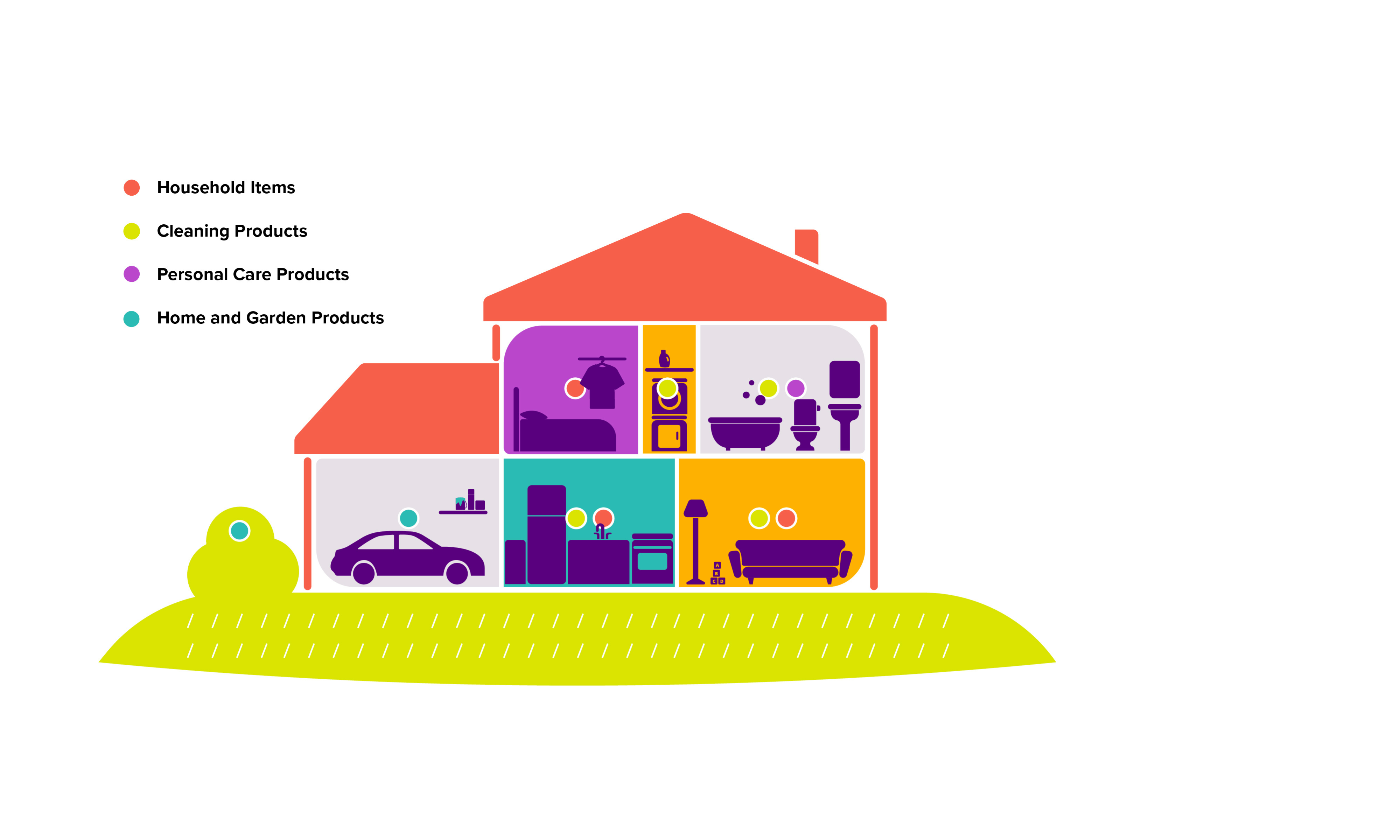
Toxics in the Home
What’s in the Products We Use Every Day?
Advertising has convinced us we need more — but less can mean a healthier body and planet, and more money in your pocket.
From the bathroom to the kitchen, everyday choices tell a larger story about health, the environment, and the products we’ve been told we need. We empower people to make small, informed changes that protect their health, save money, and reduce the use of petrochemicals.
Learn more about what you can do to reduce your exposure to protect your health and your family's future.
Products and Your Health
Many ingredients in household products are endocrine-disrupting chemicals (EDCs). These chemicals can mimic or block the hormones our bodies produce and can interfere with the operation of sensitive biological processes, from growth and fertility to metabolism and brain development.
Exposure to EDCs doesn’t affect everyone equally. Some life stages are especially sensitive including pregnancy, infancy, and puberty,
Understanding where EDCs show up and how they work can help to reduce exposure to protect your families health across generations.
- What are Hormones?
Hormones are your body’s chemical messengers, regulating growth, mood, fertility, metabolism, and more. EDCs can mimic, block, or disrupt these natural signals. Over time, this interference can alter how organs develop and function.
What are Hormones, and why are they important? Learn more here.
- Life Stages Most at Risk
Exposure to EDCs doesn’t affect everyone in the same way. Certain stages of life are especially sensitive to hormonal disruption:
- Preconception: EDCs can affect fertility in both women and men, making it more difficult to get pregnant or carry a pregnancy to term.
- Pregnancy: Maternal exposures directly shape fetal development.
- Infancy & Childhood: Rapid growth and smaller body size increases vulnerability to EDCs.
- Adolescence & Puberty: Hormonal shifts make the body particularly sensitive to EDCs and can display as early or delayed puberty.
- How EDCs Affect Health
EDCs have been linked to a wide range of conditions:
- Reproductive health: Infertility, endometriosis, PCOS, and early puberty
- Metabolism: Obesity, type 2 diabetes, and thyroid dysfunction
- Development: ADHD, neurodevelopmental delays, and birth defects
- Cancer: Hormone-sensitive cancers such as breast, prostate, and ovarian
Where EDCs Are Found
EDCs appear in common household and personal products:
- Parabens – used as preservatives in skincare and makeup
- Phthalates – in fragrances, nail polish, and soft plastics
- PFAS – in waterproof makeup, clothing, water repellent and flame retardant furniture and fabrics, nonstick cookware
- BPA/ BPS – in plastic containers and can linings
Reducing exposure can start with swapping products as they run out or ask whether you even need them in the first place.
Products and the Planet
Petrochemicals are not only the main drivers of climate change. The same petrochemicals used to make plastics and packaging are key components in cleaning, lawn & yard, and personal care products. These petrochemicals in packaging and products can impact health.
Petrochemicals harm our health at every stage — from crude extraction (air and water pollution) to use as ingredients in our packaging (chemical exposure) to disposal (plastic and chemical waste that can last for centuries).
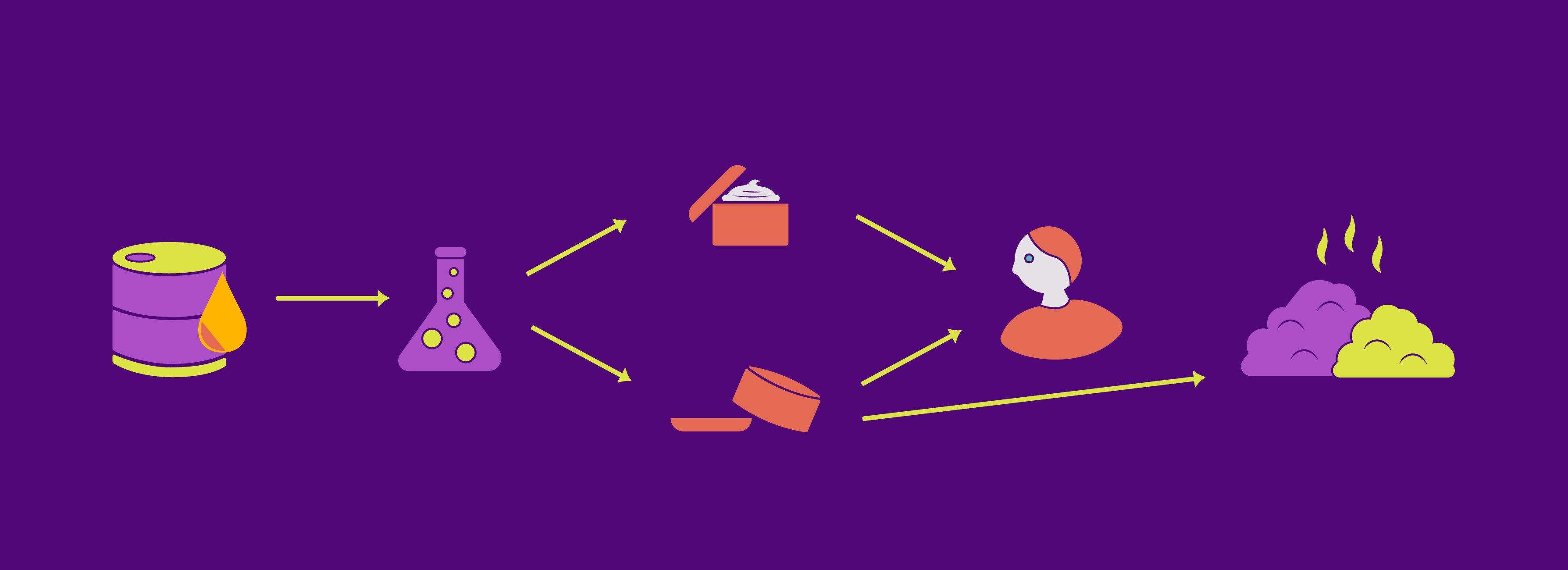
Only a small fraction of the 350,000 chemicals in global use have undergone full safety testing.
Crude Oil is Used Twice
Once to make the petrochemicals that are the ingredients in many personal care products, and again for plastic packaging.
Water Used in Production
Water in the product, manufacturing and plastic deplete scarce freshwater resources.
Pollution Persists
Plastics and petrochemical residues linger for centuries in air, soil, and water.
What You Can Do
Reducing the total number of petrochemical-based products in your home protects your health, the planet and your wallet.
Help us shape this initiative
Take this short survey and share with us what information would be most useful to you.
As we create new resources tailored to our community, explore these national tools to get started. Even though harmful chemicals are everywhere, these make it easier to find safer options for you and your family.
Resources
Clearya
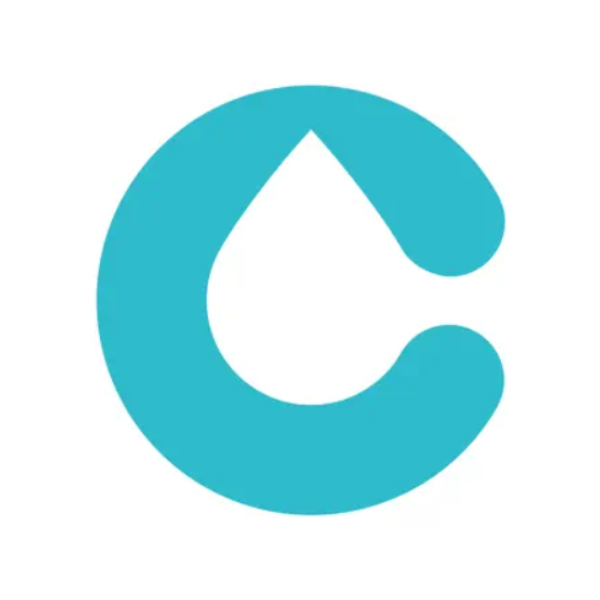 Clearya can alert on ingredients linked with cancer, infertility, baby developmental harm, hormone imbalance, chemicals that are banned in Europe, ingredients that may cause an allergic reaction and more. This app and browser extension vets ingredients’ safety by matching them against thousands of hazardous chemicals identified by scientists and regulators around the world. When you browse products that contain toxics, Clearya can suggest safer alternatives sold by the same store. You can also take a photo of the ingredient list and have it analyzed by the Clearya app on the spot
Clearya can alert on ingredients linked with cancer, infertility, baby developmental harm, hormone imbalance, chemicals that are banned in Europe, ingredients that may cause an allergic reaction and more. This app and browser extension vets ingredients’ safety by matching them against thousands of hazardous chemicals identified by scientists and regulators around the world. When you browse products that contain toxics, Clearya can suggest safer alternatives sold by the same store. You can also take a photo of the ingredient list and have it analyzed by the Clearya app on the spot
Environmental Working Group
Skin Deep Database In 2004, EWG launched Skin Deep to fill the gap by educating the public about the ingredients in their cosmetics and personal care products. Skin Deep makes it easier for shoppers to understand potential hazards and health concerns related to ingredients in cosmetics and personal care products.
EWG’s Healthy Living App From snacks to shampoos: We are exposed to chemicals every second, yet we know very little about them. To help you navigate this complicated world and make safer choices, EWG combined two of their most popular resources, the Skin Deep and Food Scores databases, to form the Healthy Living App. Now EWG's trusted ratings for more than 120,000 food and cosmetics products are at your fingertips.
Silent Spring Institute
 DetoxMe app
DetoxMe app
Silent Spring’s Detox Me app is a clean lifestyle guide that walks you through simple, research-based tips on how to reduce exposure to toxic chemicals where you live, work, and play. The free mobile app draws on more than 20 years of research by Silent Spring Institute on the health risks associated with toxic chemicals in our everyday environment, turning this vast knowledge into practical advice for healthier living.
Continue learning about chemicals, the environment, and human health.
Collaborative for Health and Environment
CHE amplifies the latest, peer-reviewed science to support changes in policy and practice that protect people and the planet. Check out their Toxicant and Disease Database for literature on specific contaminants and their impact on health, as well as these factsheets.
The Children’s Environmental Health Network
CEHN is a national multi-disciplinary organization whose mission is to protect the developing child from environmental health hazards and promote a healthier environment. In addition to CEEE’s Good Neighbor Iowa initiative, CEHN’s course, Eco-Healthy Child Care, is a very useful resource for child care professionals who want to improve the environment of the children for which they care. Please reach out to the Environmental Health Program Director to request a scholarship to take the course.
The Silent Spring Institute
Silent Spring Institute is a mission-driven scientific research organization dedicated to uncovering the environmental causes of breast cancer. Their work advances science on the links between environmental chemicals and women's health and supports the development of safer chemicals, market shift away from toxics in products, and more health-protective regulatory policies.
Pesticide Action Network of North America
PAN uses grassroots science, strategic communications and coalition organizing to build power with communities across the U.S. and around the world to confront the harms of industrial agriculture and build solutions. They are one of five regional centers who cooperate to transform systems of food and farming across the globe.
The Cancer Free Economy Network
CFE is a dynamic network of diverse teams, experts and stakeholders from the environmental, social justice, health, science, policy, legal, labor, business and communications sectors working together to prevent cancer and accelerate progress towards a healthy, regenerative and equitable economy for all.
Center for Health Effects of Environmental Contamination
CHEEC is a multidisciplinary environmental health research center composed of faculty and researchers located in the University of Iowa Colleges of Public Health, Engineering, and Liberal Arts and Sciences, and State Hygienic Laboratory. CHEEC supports and conducts research to identify, measure and study adverse health outcomes related to exposure to environmental toxins.
PFAS Central
PFAS, sometimes referred to as PFCs or highly fluorinated chemicals, are used in many consumer products and industrial applications because of their oil-, stain-, and water-repellent properties. Examples of chemicals in this class include PFOA, PFOS, and more than 3000 related compounds.
Heartland Health Research Alliance
HHRA studies how food and farming impacts the health of people and the planet, supports research to determine whether widely-used weed-killing herbicides affect reproductive and children’s health, and shares data and scientifically sound findings to equip farmers, the food industry, and policy makers to adopt farming-system practices that promote the health of people and the planet. An especially useful tool is the Heartland Study’s Project Bibliography where you can browse the extensive body of literature linking pesticides with negative health impacts, as well as the Dietary Risks Index -- developed to determine which food-pesticide combinations account for the most worrisome risks in the food supply, and which do not.

